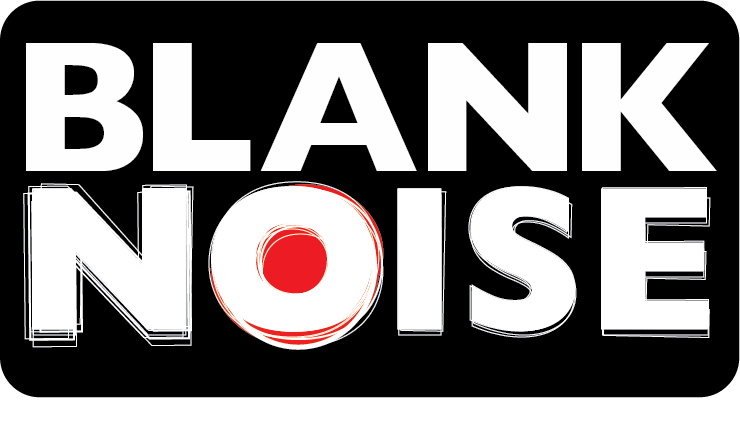t
o read the entire article visit Kafila
The most recent demands for castration can broadly be divided into two categories: popular and legal. Here we wish to problematize both, the legal and popular demands for castration by drawing out the reductive understanding of rape implicit in this demand; and by tracing the problematic notion of emasculation-as-justice driving this demand. We call for a suspension of the demand for castration on three broad grounds, listed here and discussed in greater detail below:
- The logic of castration as legal punishment locates the threat of rape squarely in the male body (specifically male genitalia), reinforcing the heteronormative paradigm of peno-vaginal penetration that feminists have been trying for decades to dislodge from Indian rape law.
- Such a punishment obscures the role of institutions in enabling and preserving rape. It also delinks sexual assault from structures of caste, class, sexuality and disability, which shape sexual violence.
- The popular demand for castration relies on a logic of emasculation (napunsak banana) that actually re-centers “good,” protectionist masculinity as the way to creating a safer environment in our communities.














